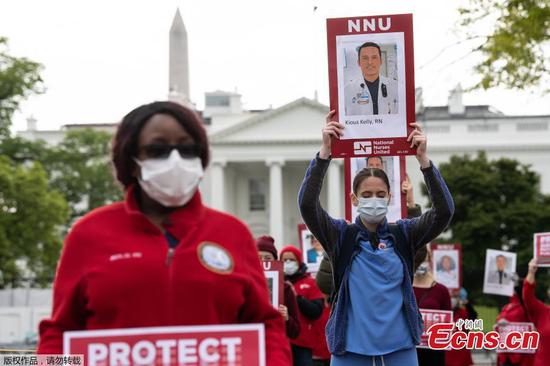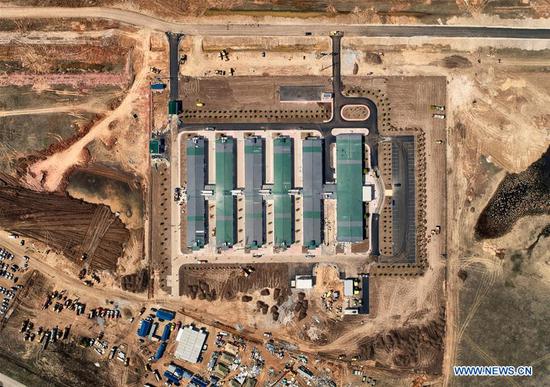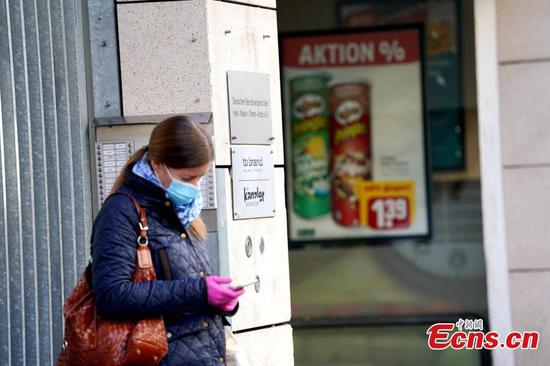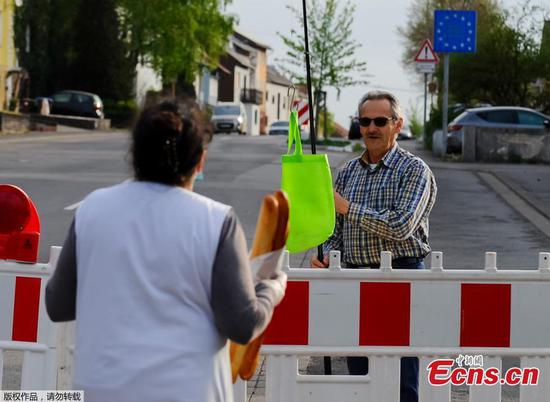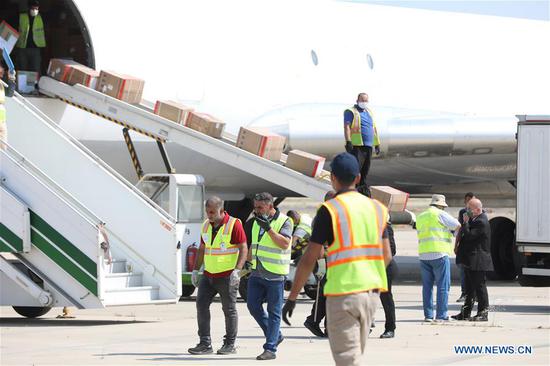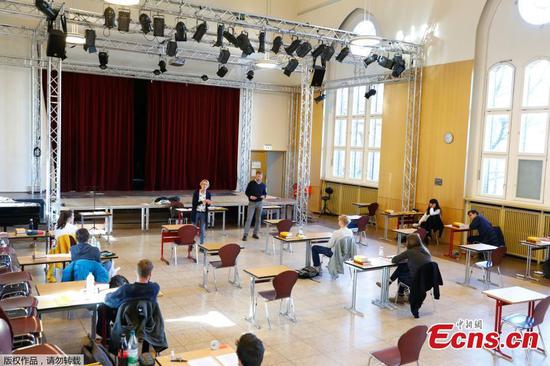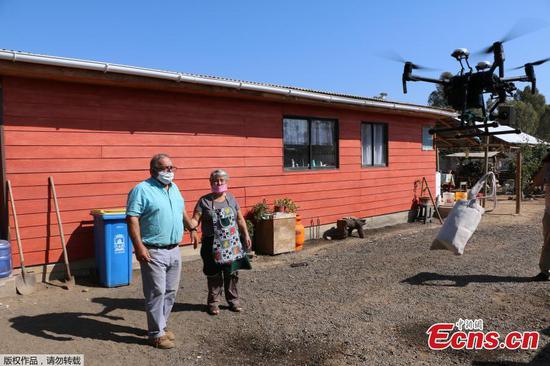Italy will announce before the end of this week its plans for a gradual reopening starting from May 4, after a lockdown was imposed to fight the COVID-19 pandemic, Prime Minister Giuseppe Conte said on Tuesday.
The lockdown, closing most Italian businesses and preventing people from leaving their homes for all but essential needs, has been in place since March 9.
"I wish I could say: let's reopen everything. Immediately. We start tomorrow morning. ... But such a decision would be irresponsible. It would make the contagion curve go up in an uncontrolled way, and would nullify all the efforts we have made so far," Conte wrote in a Facebook post.
Conte said the easing of restrictions would happen on the basis of a thorough study and scientific data, and not to "satisfy a part of public opinion or to satisfy the requests of some production categories, individual companies or specific regions".
Such a plan would not only ensure that companies followed the necessary safety precautions at work, but that it would also consider the flow of workers such an opening would generate and its impact on public transport, especially during peak times.
Italy had reported 181,228 infections and 24,114 deaths by Monday, the country's Civil Protection Department said.
As of Tuesday, the virus had infected 967,598 people and claimed 101,726 lives across Europe, according to the European Centre for Disease Prevention and Control.
Festival canceled
Germany's Oktoberfest, the world's largest folk festival, where revelers from all over the world gather to swig large quantities of beer, has been canceled due to the coronavirus crisis, the southern state of Bavaria said on Tuesday.
"We have decided the risk is simply too great," State Premier Markus Soeder said. This year's Oktoberfest had been scheduled to take place from Sept 19 to Oct 4.
Measures to curb the virus are hitting Germany's services and the retail sector especially hard, the finance ministry said on Tuesday, adding that factory closures were also pushing down industrial production.
Germany had 143,457 cases and 4,598 deaths, data from the Robert Koch Institute for infectious diseases showed on Tuesday.
In France, the head of the national health agency, Jerome Salomon, said the country passed a "very painful, symbolic mark" of more than 20,000 fatalities, by registering 12,513 deaths in hospitals and 7,752 in nursing homes as of Monday.
Also, France stopped all flights outside the Schengen zone, French Transport and Environment Minister Elisabeth Borne said on Tuesday.
In the United Kingdom, the country's Department of Health and Social Care announced another 449 patients had died in hospitals, taking the total to 16,509 on Monday.
The British Parliament returns on Tuesday from an extended Easter break, with MPs encouraged to attend via video link for the first time.
Britain's program to help protect jobs started on Monday with estimates of its cost ranging from about 42 billion to 50 billion pounds ($52 billion to $62 billion).
Chancellor of the Exchequer Rishi Sunak said on Monday that the program would help pay the wages for more than a million people.
Jonathan Powell in London, Xinhua and agencies contributed to this story.









